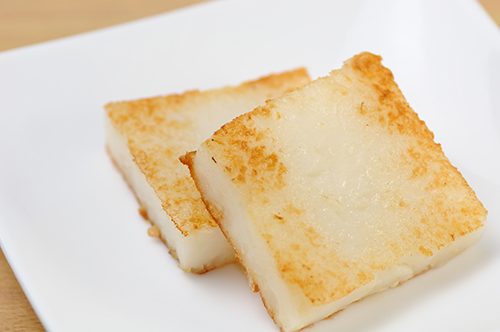Goal
High-protein diet will increase the glomerular filtration rate and intraglomerular pressure, which may accelerate the progression of renal failure. Appropriate amount of protein is restricted to maintain optimal nutritional status of renal patients in order to delay the cases of renal failure.
Subjects for such a dietary guidance
- Acute renal failure
- Chronic renal failure
- Renal insufficiency
Restrictions on the principle of protein diet
- When renal insufficiency occurs, reducing the intake of protein can reduce the discharge of proteinuria and the accumulation of urinary toxins and the production of acid, thus delaying the decline of renal function and maintaining a good nutritional state. Therefore, under the restriction of protein, appropriate proteins should be selected and moderate increases in low-protein snacks to ensure adequate caloric intake of protein types.
- Protein sources 1/2 to 2/3 should come from high-quality protein plant protein sources.
- Among plant-based protein sources, only soybean protein is a protein with high cost protein.
|
High-quality protein
|
Low-quality protein
|
|
Tofu, dried bean, bean bun and other foods made from soybeans.
Fish, Egg, pig chicken, duck, fish, cattle and other meat.
|
Beans: red bean, mung bean, broad bean, pea- jen seed, bean flowers, lotus seed, coix seed); Gluten products: gluten, intestinal surface, baked bran.
Nuts seeds: Peanuts, melon seeds, walnuts, cashews, almonds.
|
- Intake of enough calories Intake of enough low-protein diet will not occur malnutrition, in order to maintain the right weight as a principle, so the supplement of low-protein food is necessary.
- Food that contain no protein or protein content of very low but caloric food:
- Low-protein starch, such as: radish cake, green bean noodle, rice flour, pearl sago, fen pi, lotus root powder, cornstarch, corn flour and potato powder, eat at least 1-2 bowls everyday.
- Refined sugar (such as sugar, fructose, rock sugar, honey, and etc.). Diabetic patients need to use it carefully.
- Grease type (such as: olive oil, salad oil, and etc.).
- Note: Please refer to low-protein snacks.
- To main ideal body weight, the control of protein must be compatible with adequate calorie intake.
- Rice, pasta and other staple foods should be control.
- Staple foods such as rice, noodles, oats, steamed buns, steamed buns, dumplings and a variety of cereals or bread, biscuits, cakes and other flour products contain a lot of low-quality protein, so it is necessary to limit consumption.
- Among them, the urinary toxin produced by rice is lower than the food made of flour such as noodles, steamed buns and bread, so it is best to eat rice as the staple food and eat noodles less, which can reduce more urinary toxins.
- Use of nitrogen starch like cornstarch, lotus root starch, to make delicious and low protein snacks.

- Cooking method
- Normal salty cooking
- Avoid salty food like pickled products, canned foods, and processed foods.
- Salty food should be avoided, such as pickled mustard, sauerkraut, pickles, miso, pickled cucumbers, salted eggs, dried meat, instant noodles, salted crispy chicken, Thai cuisine, potato chips, seaweed, etc.
- To improve appetite and add flavor, make use of culinary skills and seasoning like pepper, star anise, lemon juice, parsley, green onions, ginger, and garlic. It is better to steam, boil, halogen, and grill food.
- Do not use low sodium salt, because it replace sodium with potassium.
- Fluid control techniques:
- Use fixed containers for water required for a day.
- Ice-cube lemon juice to stop thirsty feeling.
- Chewing gum.
- Watch out for the hidden water in fruit and food like watermelon and jelly.
- Consumption of star fruit should be avoided.
- Do not misuse or abuse Chinese herbal remedy for it might add burden on your kidney.
- If potassium or phosphorus ions level is too high in the blood, please refer to the dietary principle of restricted phosphorus and potassium.
- For the condition of high blood lipid, please refer to the principle of hyperlipidemia diet.

